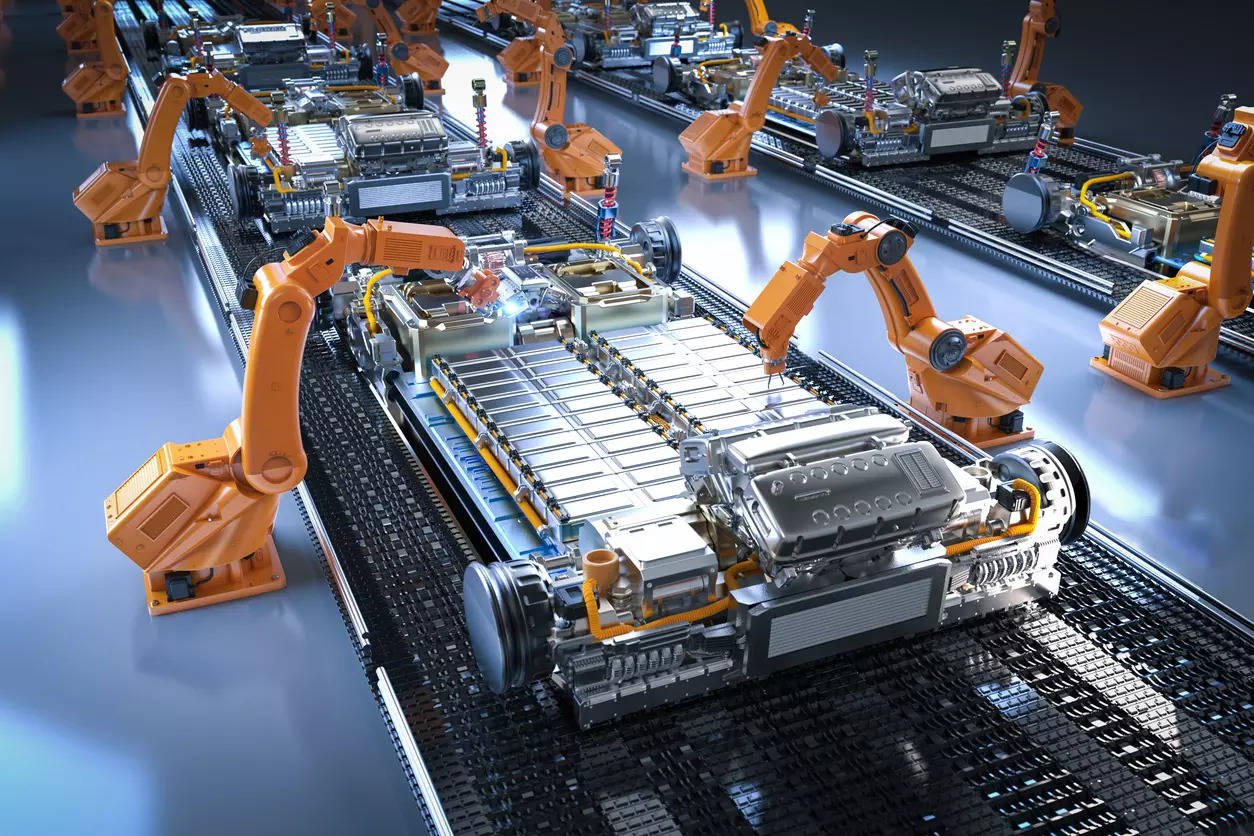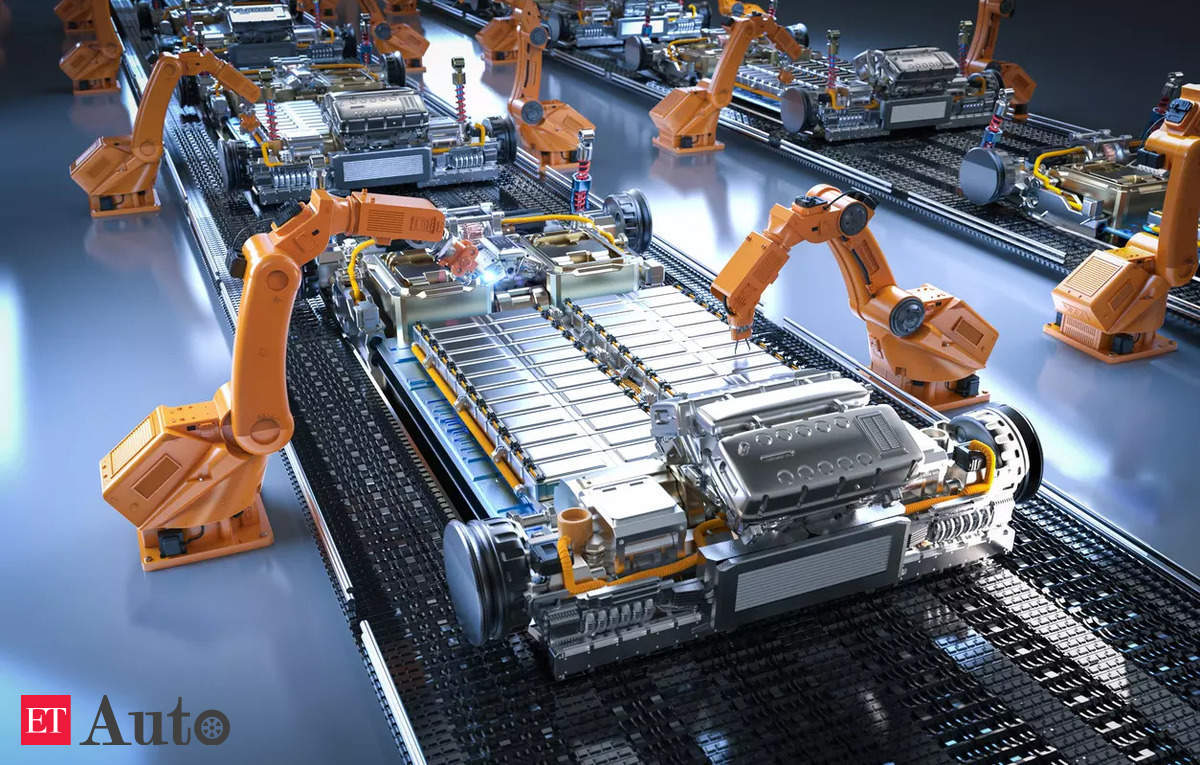
Companies seeking support for manufacturing Advanced Chemistry Cell (ACC) batteries with support from the performance linked incentive (PLI) scheme are split down the middle in their demands from the centre. These views were collected during consultations called by the Ministry of Heavy Industries for bidding out 20 GW or INR 7,240 crore worth PLI sops.
“Some larger companies wanted to corner the entire 20 GW of PLI sops for one player. Smaller ones were of the view that even 1 GW of PLI sops should be allowed to be bid for,” a representative from one of the over 40 companies that participated told ET. Those present included officials from electric vehicle (EV) makers, conventional four-wheeler companies, and battery manufacturers among others.
Under the present regime, companies need to bid for a setting up at least 5 GW of ACC battery manufacturing capacity. These are new generation advanced storage technologies that can save electric energy either as electrochemical or as chemical energy and convert it back when required.
ACC batteries have major applications in EVs, maintaining grid stability, solar rooftop, and consumer electronics, among others.
The 20 GW PLI capacity on offer was initially allocated to Hyundai Global Motors, a company which was found to be impersonating South Korea’s Hyundai Motor Co. These sops are part of an INR 18,100 crore PLI scheme for ACC. The incentives on offer will be disbursed over a five-year period on sale of batteries manufactured in India.
“Smaller players say that another incident like Hyundai Global can be avoided if smaller but genuine companies get a chance to bid,” a second representative said.
After the bids called last year, Rajesh Exports and Reliance New Energy Solar were awarded incentives for setting up 5 GWh of manufacturing capacity each. Ola Electric Mobility is developing 20 GWh manufacturing capacity under the same programme.
Companies also sought a relaxation in timelines before penalties kick-in for non-performance under the PLI programme. “The two-year deadline for penalties is too strict, a three year delay should be tolerated,” an official from a third company said.
The Heavy Industries Ministry is trying to proceed with the rebidding process at the earliest.









